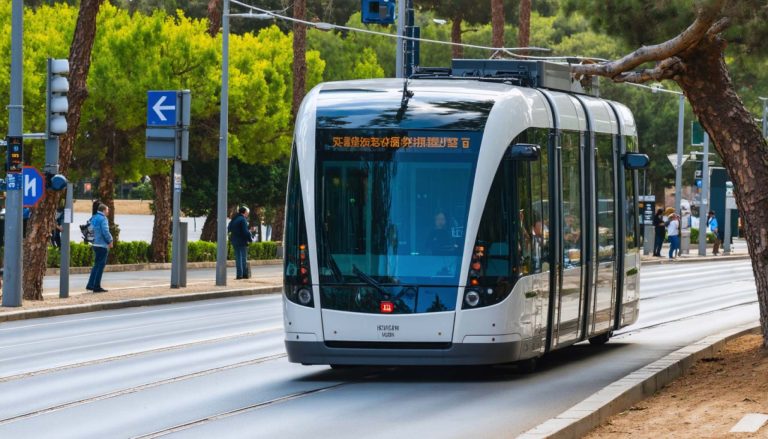Urban Commutes
Urban commutes refer to the daily travel activities undertaken by individuals as they move between their homes and workplaces or other destinations within an urban area. This term encompasses various modes of transportation, including walking, cycling, driving, public transit (buses, subways, trams), and ridesharing services. Urban commuting is characterized by its reliance on infrastructure such as roads, public transit systems, and pedestrian pathways, as well as the challenges posed by traffic congestion, distance, and travel time.
The nature of urban commutes can be influenced by many factors, including urban design, socioeconomic status, public transit availability, and population density. As cities grow and change, urban commutes can also reflect broader trends in mobility, sustainability, and technology, impacting both individual choices and city planning initiatives. Efficient and effective commuting patterns are essential for economic productivity, environmental sustainability, and the overall quality of life in urban settings.




